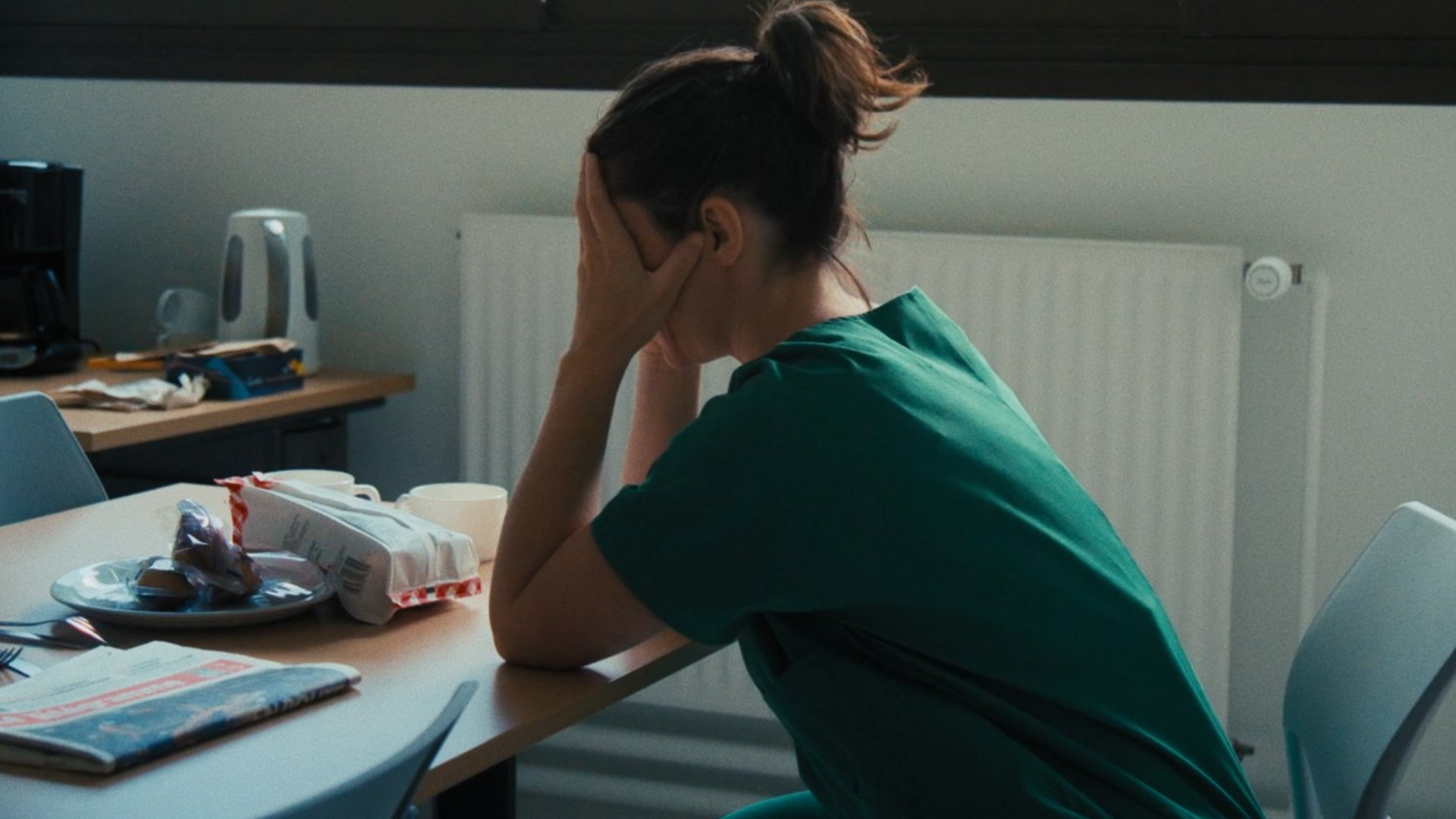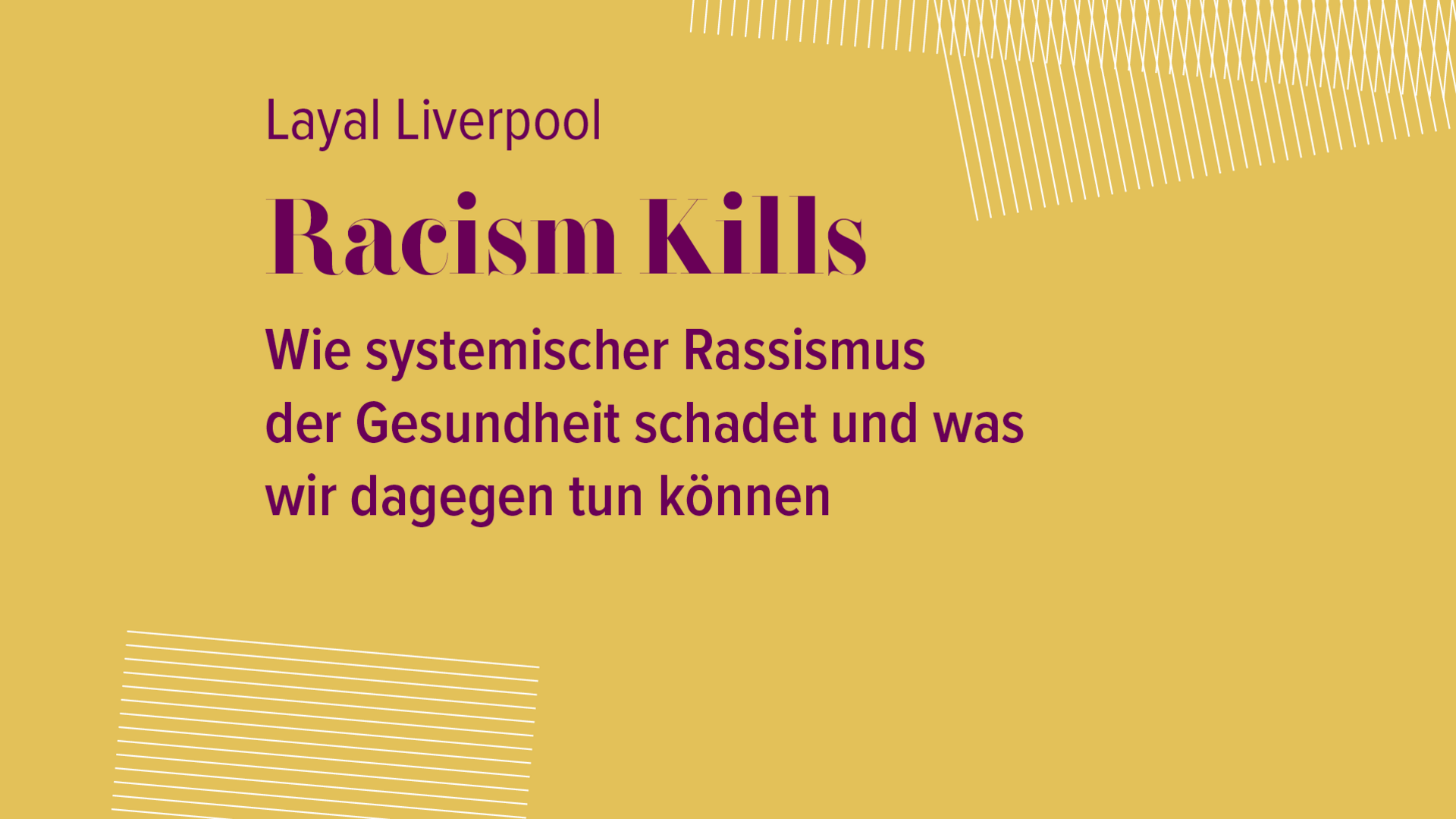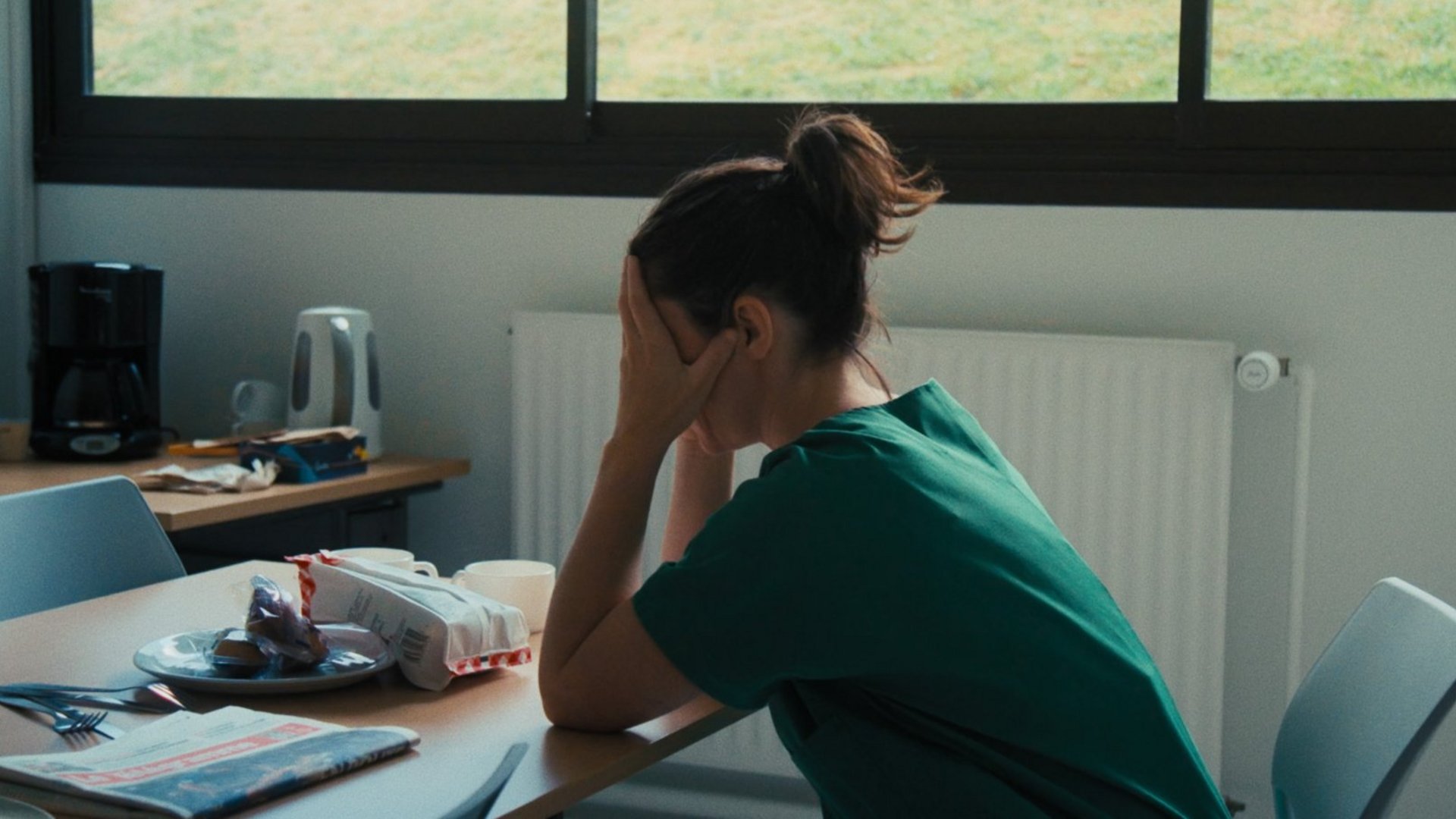
© Filmstill "Who Cares?"

© Filmstill "Who Cares?"
I will maintain the utmost respect for human life. I will not allow considerations of age, disease or disability, creed, ethnic origin, gender, nationality, political affiliation, race, sexual orientation, social standing, or any other factor to intervene between my duty and my patient.
The above is is an excerpt from the physician’s oath in the Declaration of Geneva, where doctors vow to treat all patients requiring medical care equally. However, the reality is different. People of colour report experiencing derogatory remarks during consultations, poor care in hospitals, and hostility. The racist stereotype that Black people have a higher pain threshold stubbornly persists in some medical practices and hospitals. Longer wait times, microaggressions, and a lack of understanding are daily occurrences for people of colour, as revealed by a 2022 master’s thesis by Khamai Simpson from the Berlin School of Public Health at Charité Hospital, which includes personal accounts by those affected. In short, racism in healthcare is a serious problem in Germany.
The devastating results of an American study in 2022, based on data from the Centers for Disease Control and Prevention, were even more specific. It found that people of colour died more frequently from COVID-related illnesses during the pandemic than white people. In Germany, there is still a lack of similar concrete studies. The crucial question in all these cases is: How can we counteract structural racism in healthcare and foster empathy? In some hospitals, such as the Charité, there are programmes for doctors and nursing staff aimed at raising awareness of different patient groups and reducing potential bias. However, doctors shouldn’t just be learning about awareness and empathy on the job. Medical education lays the foundation for future practice and patient interactions. In order to counteract prejudice and racism, learning how to deal with patients’ specific needs should play a fundamental part in medical education right from the start.



However, curricula still reflect and reinforce racist stereotypes— for example, teaching materials underrepresent certain diseases in marginalized groups, and there is a lack of diversity in case studies. The absence of education on cultural skills and empathy in medical training exacerbates this problem, making it harder for health practitioners to fully understand and address the needs of different patient groups.
In order to address this lack of empathy, it is essential that bias awareness and emotional understanding be integrated into medical education. Students are increasingly calling for experimental learning opportunities that promote self-awareness and expose them to diverse patient groups.They are advocating for critical teaching that addresses the concerns of the LGBTQIA+community and culturally marginalized groups, and they are confidently expressing their concerns to the public. The documentary Who Cares? illustrates how this can work in practice. It follows young medical students in France, where everyday situations are reenacted in a hospital. Actors playing patients help health practitioners to simulate scenarios such as taking a medical history or delivering bad news. The students then reflect on those situations together. Can empathy be taught? This question is central to the discussion. Role-playing seems to be an effective way to become more receptive to others. One student may realize that they were too cautious and didn’t project enough confidence. Another might come across as too cold, discouraging the pretend patient from asking further questions. It is a balancing act, especially since medical students and doctors work under intense pressure in demanding environments. Massive workloads, stress, and tight schedules often result in the loss of a crucial factor in empathy—time.